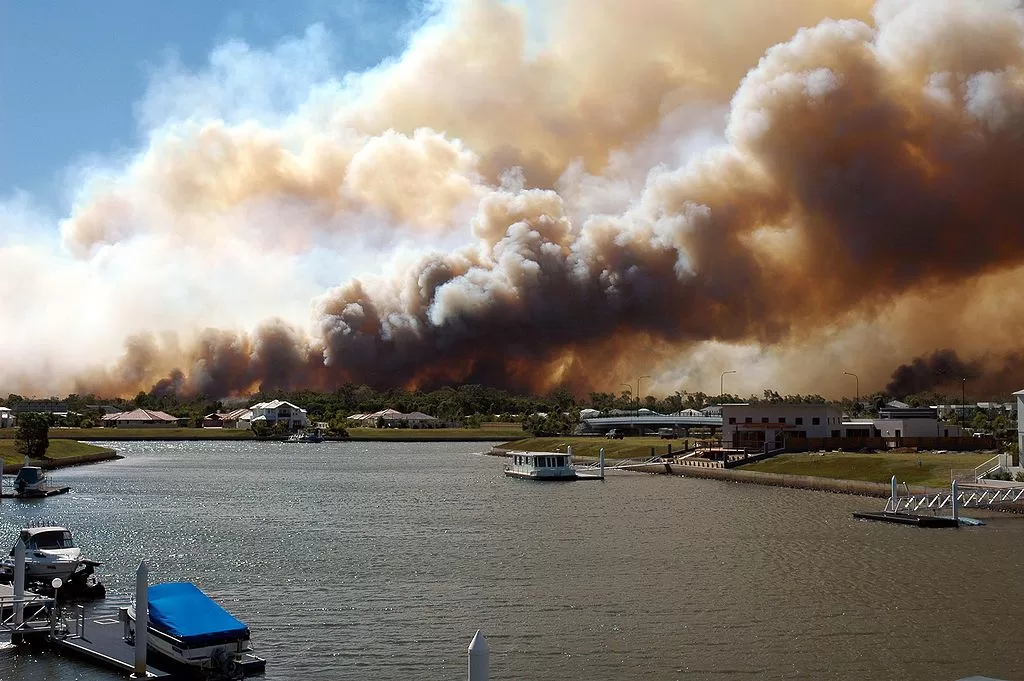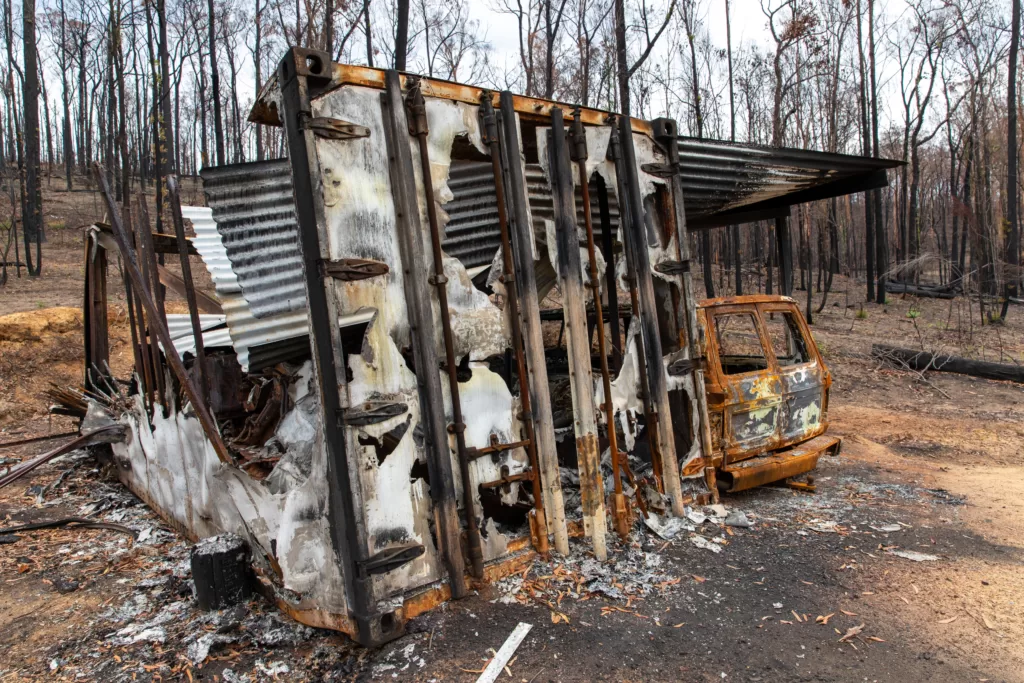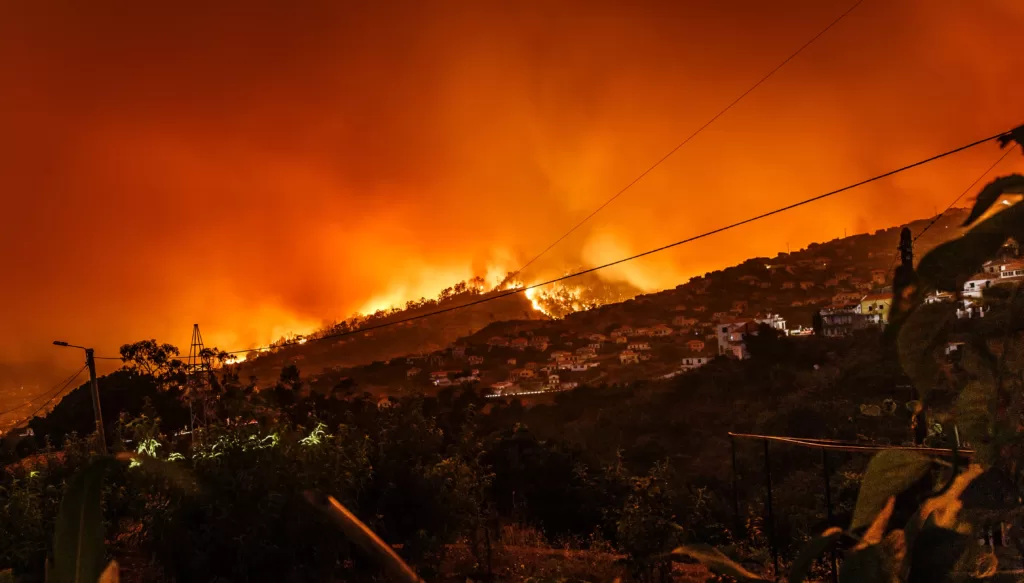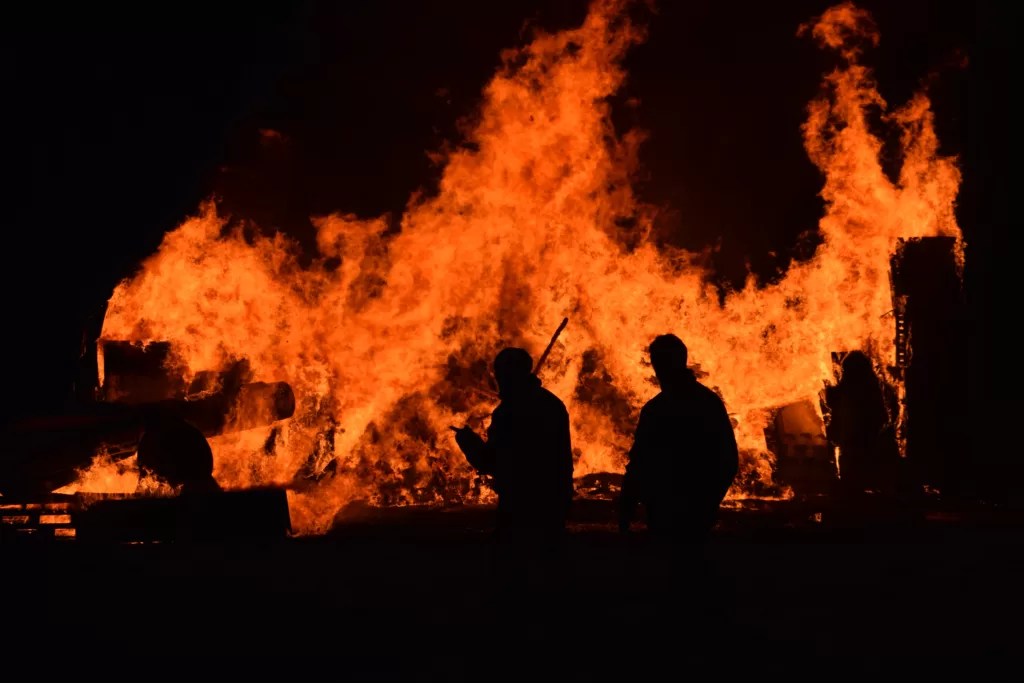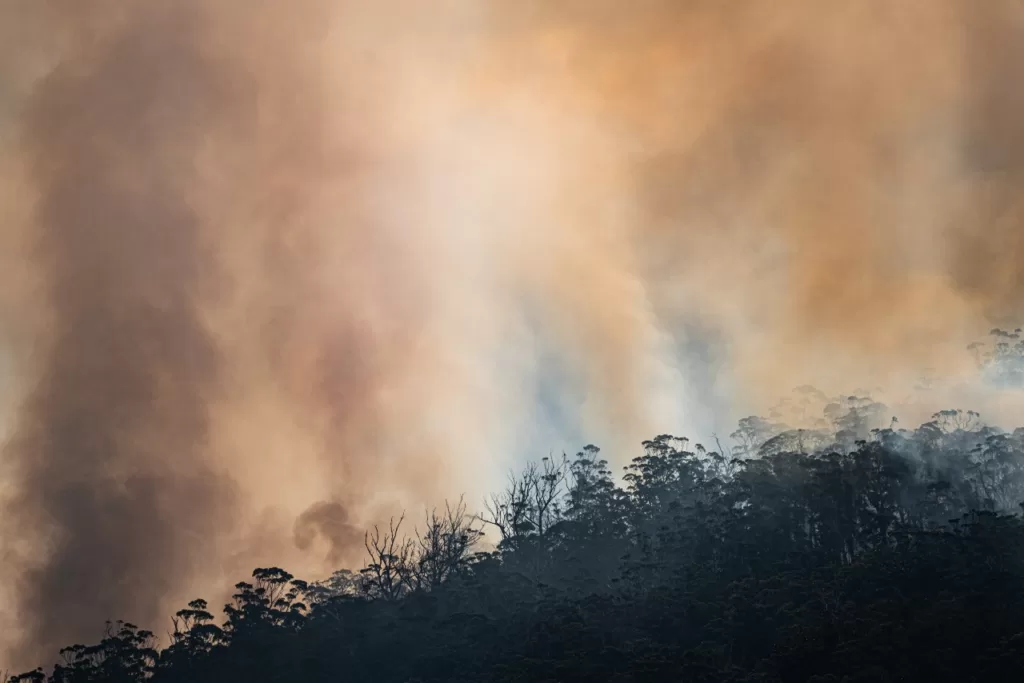Bushfires can take their toll on the physical and mental health of older Australians, but there are things communities can do to help.
 Older people are disproportionately affected by disasters like bushfires. : Unsplash: Mario Heller Unsplash Licence
Older people are disproportionately affected by disasters like bushfires. : Unsplash: Mario Heller Unsplash Licence
Bushfires can take their toll on the physical and mental health of older Australians, but there are things communities can do to help.
In the summer of 2019/2020 Australia experienced what came to be known as Black Summer.
It was a season of ongoing bushfires that left 24 million hectares of the country burnt, and led to more than 470 deaths — 33 people were killed in the fires and around 445 died from smoke inhalation.
For some communities on the south coast of New South Wales, Black Summer came only 18 months after the Tathra bushfire in 2018 which destroyed 65 homes and shortly before the onset of the COVID-19 pandemic and lockdown restrictions.
Disasters can take a heavier toll on older people, in part due to the higher likelihood they’re already living with chronic health conditions
Research has revealed the impact the bushfire crisis had on the physical and mental health of older Australians living on the NSW south coast.
For one woman in her late sixties, the fires had a profound effect on her mental health: “Poor sleep, clouded thinking, obsessive thinking about the fires, general feeling of anxiety. The air quality was so poor some days that I was unable to exercise … which is helpful for physical and mental health.”
A man in his early seventies was similarly affected: “Fear of what happens next and concern for others worse off.”
For older people with mental and physical health problems, their ability to prepare, evacuate and/or potentially defend their property can be limited.
Managing their health can require a level of independence, social support, mobility and independence. For example, if someone lives with a chronic condition such as mental health issues, diabetes or emphysema, this can worsen their ability to self-manage their health.
For those living in rural areas and with limited financial resources, these issues are exacerbated due to challenges accessing some healthcare services.
More than 150 people over the age of 65 were surveyed for the study, living between Wollongong in the north to Eden in the south.
Sadly, this region experienced a significant share of property loss and fire-related fatalities during the 2019/2020 bushfires.
While COVID-19 lockdown restrictions were less severe in rural areas, travel restrictions and supply shortages of groceries and materials for rebuilding occurred.
The bushfires led to a range of health impacts.
Some 86 percent of survey participants felt anxious or worried about the bushfires.
One woman in her early seventies described how she felt after losing her home: “Grief and anxiety over loss of home and all possessions, delayed reaction — panic attack — after having to escape by driving through the fire, initial difficulty securing food, clothing, toiletries caused distress and anxiety, sleeplessness.”
Difficulties in physical health due to the impacts of bushfire smoke, such as sore eyes and breathing problems, were also common. Some survey participants reported coughs continuing for months afterwards.
The impacts of bushfires on locals’ physical and mental health were often interrelated. Difficulties in physical health were largely due to the impacts of bushfire smoke such as sore eyes and breathing problems. These also led to anxiety, depression and stress.
As one woman in her late sixties described: “I am an asthmatic so the smoke made it much worse. We lost our home and everything. Life has been very stressful since. Living in a caravan is not conducive to a healthy lifestyle.”
Interestingly, those who felt more impacted by bushfires had lower levels of reported self-rated health, resilience, social connection and support.
While 72 percent indicated an increased level of worry and anxiety in relation to COVID-19, the impact of the pandemic was perceived to impact both people’s mental and physical health less than the bushfires.
However, the impact of COVID-19 was higher for women and those who had less resilience, fewer social connections and support, and lower self-rated health.
During the bushfires, some participants reported difficulties accessing their usual general practice, screening and treatment.
This was particularly true for those travelling for cancer treatment and surgery. Health issues were compounded due to reduced opportunities for exercise, resulting in weight gain.
By better supporting people’s mental and physical wellbeing, the health impact of future natural disasters can be reduced.
This includes communities developing strategies for older people that encourage social connection, and support their mental health and resilience. These could include interventions to bring older people together through social activities, support groups and health education resources.
However, there is also a role for healthcare providers in meeting these needs.
Supporting the healthcare needs of older people includes, where possible, encouraging people to manage their own health needs so that when healthcare is disrupted their ability to care for themself is optimised.
It also requires health care professionals to be alert for downstream effects of disasters on older people such as delays in seeking treatment.
This study has revealed new knowledge and highlights the need for healthcare professionals and communities to work together to plan and manage disaster response and recovery.
Dr Sharon James works at the Sexual and Reproductive Health for Women in Primary Care Centre of Research Excellence at Monash University as a research fellow and project manager on the Australian Contraception and Abortion Primary Care Practitioner Support Network. She is a qualitative and mixed methods researcher with interests in women’s health, lifestyle risk, preventive care, interconception health, and nursing roles in primary health care. Dr James resides in an area impacted by the 2019/2020 bushfires.
Professor Liz Halcomb is Professor of Primary Health Care Nursing in the University of Wollongong’s School of Nursing. Her research interests include the nursing workforce in primary care, chronic and complex disease and lifestyle risk factor reduction.
Other team members involved in the research included: Cristina Thompson, Professor Marijka Batteham, Darcy Morris, Tasmin Dilworth and Dr Katherine Haynes. The project was funded by the University of Wollongong’s Global Challenges Program.
Originally published under Creative Commons by 360info™.



